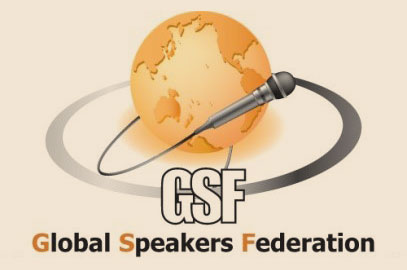He knows his wine, but…
I attended a wine sampling event awhile back, organized by a community-based organization. The goal was to create an evening of fun, socializing, and learning among a fairly large group of wine-lovers — complete with a chance to learn about – and sample – several different wines from an expert sommelier.
What could possibly be wrong with this scenario?
Here’s what happened:
The scene: 175-225 people attended the event. It took place in a room the size of a school gym. Circular tables were set up, approximately 10 people per table. Many of the individuals already knew each other and were eager to talk…and to drink wine.
The speaker: A happy looking man, he took the stage at the front of the room with a great smile. And a laptop. There were no corresponding slides or screen for the audience to look at, mind you. The laptop served only as his “notepad” from which to recite his presentation. He then — at the beginning, anyway — cheerfully talked about different wines into a microphone that didn’t nearly drown out the noise of the audience. He didn’t actually make eye contact with the audience much, but did look at certain people in the front tables to ask if they were enjoying the most recent wine sample that they were given.

What did the speaker get? Complete audience disengagement. In other words, a resounding “meh.”
As I watched the scenario unfold, I wondered, who made the mistake here? Should the speaker have done more to engage the audience? Should he have used slides? Was the microphone too low? Should the organizers have known their audience better, and anticipated that this would happen? If the room was set up differently, would it have made an impact?
As for the speaker, it didn’t help that he spoke to his laptop, and not the audience. It didn’t help that he seemed confused at times because his slides were out of order, ‘causing him to pause and say “what’s happening here?” And it certainly didn’t help that uttered the most vile words a speaker’s could ever use: “I didn’t really prepare for this.”
That isn’t to say that I’m blaming the speaker completely. Yes, he could have been more prepared, made eye contact, ditched the laptop, worked to engage the audience a little better, and sped up his presentation when he knew that it was a lost cause. There is no excuse for an unprepared speaker, and he probably should not have accepted the speaking engagement unless he was 100% prepared. So on those grounds…he could have been more prepared.
On the other hand, a speaker typically hopes that the event organizer will provide them with an environment that’s conducive to getting audience attention…and an environment where the audience wants to hear his message. What a nightmare it must have been to expect him to rise above the socializing crowd to try to woo them with facts about wine regions, bouquets and aromas, when all they wanted to do was drink and socialize.
Other solutions? The organizers could have had the speaker give his presentation in one room, and then move the party into the party room when it was done. They could have asked him to wrap up his presentation faster. They could have interrupted the presentation to request that the audience show respect by staying quiet for another 10-15 minutes.
But what’s done is done. Unfortunate things can happen when a speaker is on stage, and the organizers will not always be willing – or able – to rescue them.
The moral(s) of this story? First – always be prepared. If you’re not prepared, do yourself (and your audience) a favor by not accepting the speaking engagement. Second – speakers do not always present in the most optimal environments, and they must have a Plan B in case it goes awry and the audience doesn’t respond as planned.




It’s always better to leave the “prize” for after your presentation. If you did raffles at the beginning of your event no one would ever stay. Were people coming for the presentation or the free wine?
Hi Chris,
It’s safe to say that most people were coming in for the free wine. But there were probably a few who were hoping to learn some tidbits so that they could impress their friends at some later date…